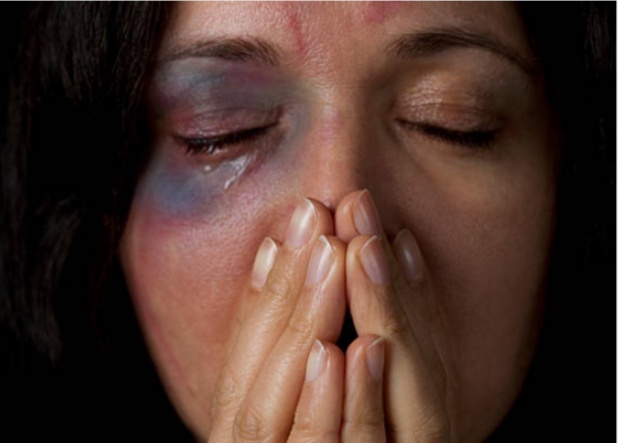No law can reduce crime against women unless there is growing social consciousness
In the wake of the rape and murder of a junior doctor in a Kolkata hospital, the West Bengal Assembly on September 3, unanimously passed an anti-rape Bill — Aparajita Woman and Child (West Bengal Criminal Laws and Amendment) Bill – that has provisions for stringent punishment and faster trial in rape cases.It is just a diversionary tactics.
The Aparajita Bill seeks to amend several sections in the newly-introduced Bharatiya Nyaya Sanhita. Section 64 in BNS lays down that a rape convict will face rigorous imprisonment not less than 10 years and this may extend to life term. The Bengal legislation tweaks this to enhance the jail term to the “remainder of that person’s natural life and fine, or with death”. It also adds that this fine shall be fair and reasonable to meet medical expenses and rehabilitation costs of the victim.
The Aparajita Bill also seeks to amend Section 66 of BNS, which lays down penalties for a convict if rape leads to the victim’s death or causes her to be in a “vegetative state”. While the Centre legislation lays down 20 years jail term, life imprisonment and death for such a crime, the Bengal Bill says the convict should get only death penalty.
Amending Section 70 of BNS, which deals with the penalty in gangrape cases, the Bengal legislation has done away with the option of a 20-year jail term and laid down provisions of life term and death for those convicted of gangrape.
The Bengal legislation also toughens the penalty in cases relating to publicising the identity of a victim of sexual violence. While the BNS has provision of jail term up to two years in such cases, Aparajita Bill provides for imprisonment between three and five years.
The Bengal legislation also toughens the punishments in child abuse cases as laid down by the Protection of Children from Sexual Offences (POCSO) Act.
Besides toughening penalties, the Bengal legislation includes provisions for setting up special courts to hear sexual violence cases and task forces to investigate them.
Though the BJP initially opposed the Bill and called it an “eyewash and diversionary tactic” of the TMC government, which is receiving flak for its handling of the RG Kar Hospital rape-murder probe, the main Opposition party supported the Bill after proposing some amendments to it.
Crime against women is growing not because there is lack of punishment or lack of laws to punish people guilty of committing crime. The problem is that those people who form laws, or in charge of implementing laws violate same with impunity. If creator of laws break same, then who will protect law
As many as 151 sitting MPs and MLAs have declared cases related to crimes against women in their election affidavits, with West Bengal having the highest number of lawmakers facing such cases, according to a recent report by a poll rights body.
For the report, the Association for Democratic Reforms examined 4,693 out of 4,809 affidavits of sitting MPs and MLAs submitted to the Election Commission of India during elections between 2019 and 2024.
The organisation identified (151 sitting MPs and MLAs) 16 MPs and 135 MLAs facing cases related to crimes against women.
West Bengal tops the list with 25 sitting MPs and MLAs facing charges related to crimes against women, followed by Andhra Pradesh with 21 and Odisha with 17.
According to the report, there are 16 sitting MPs and MLAs who have declared cases related to rape under Indian Penal Code (IPC) section 376, which carries a minimum sentence of 10 years and can be extend to life imprisonment. Of these, two are MPs and 14 MLAs .
The charges include repeated offenses against the same victim, further underscoring the gravity of these cases.Hence,first legislators should be punished.
First expel and disqualify MLAs and MPs who have criminal background or have declared cases related to crimes against women. In addition to this social consciousness is important.
Dr Santosh Kumar Mohapatra


